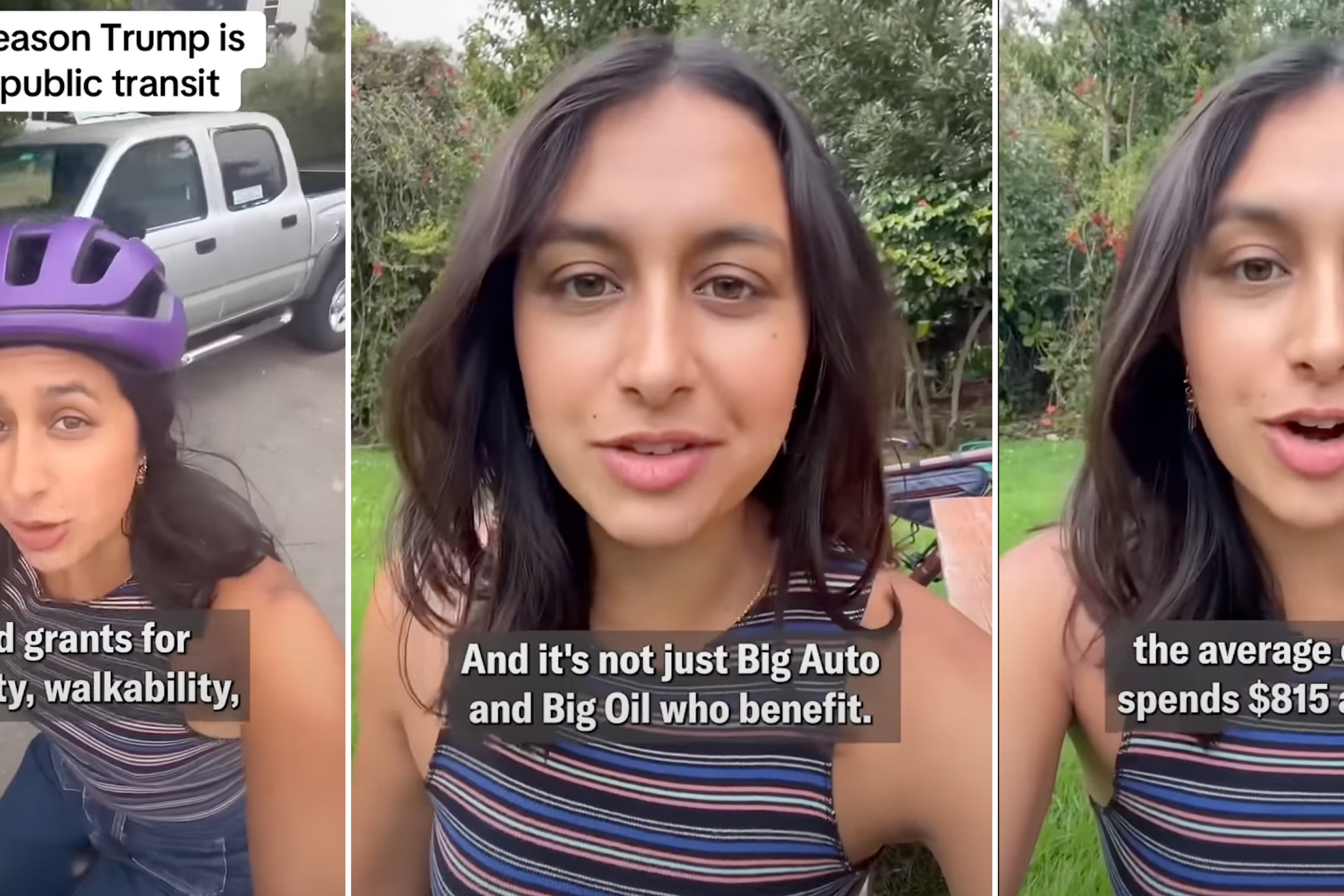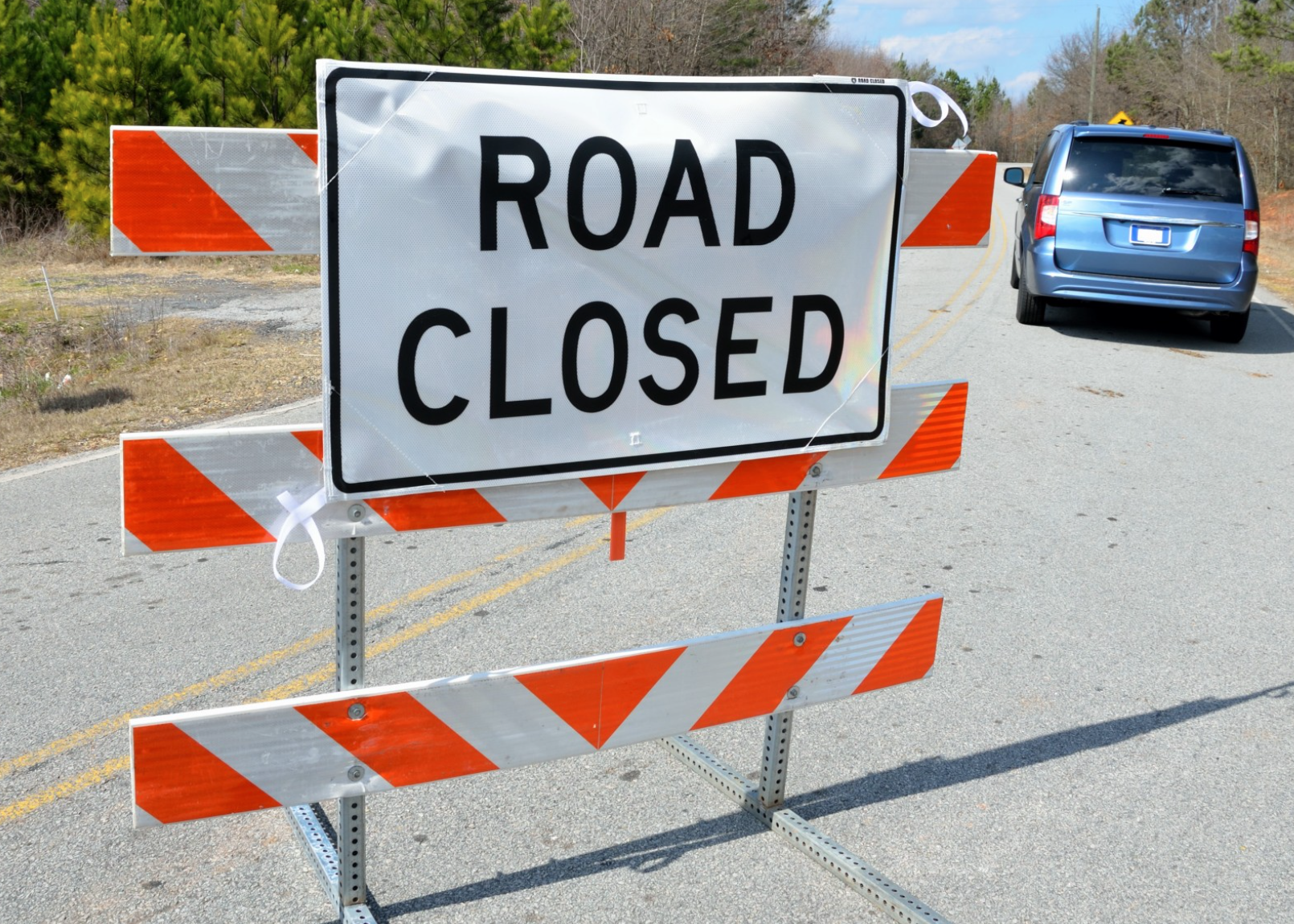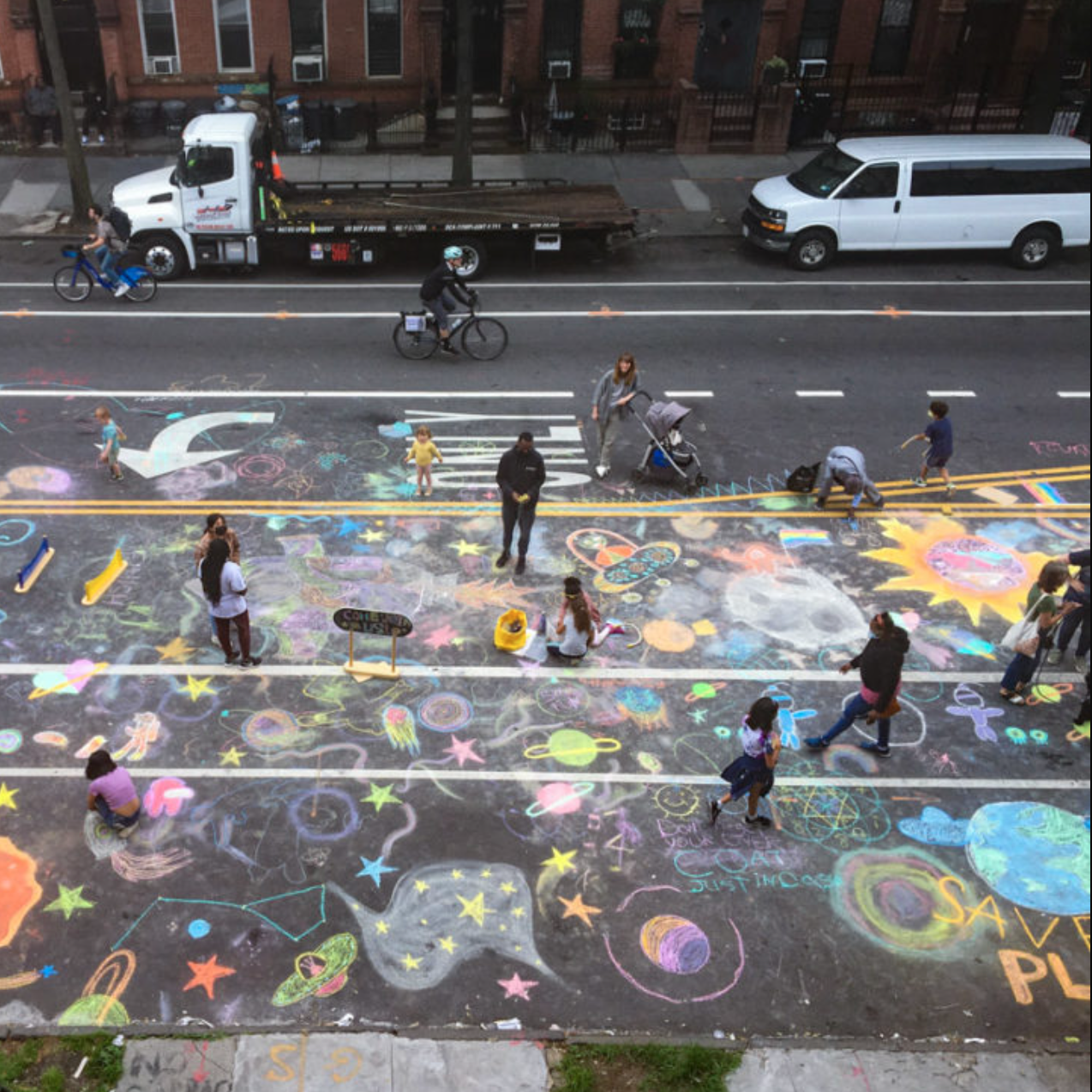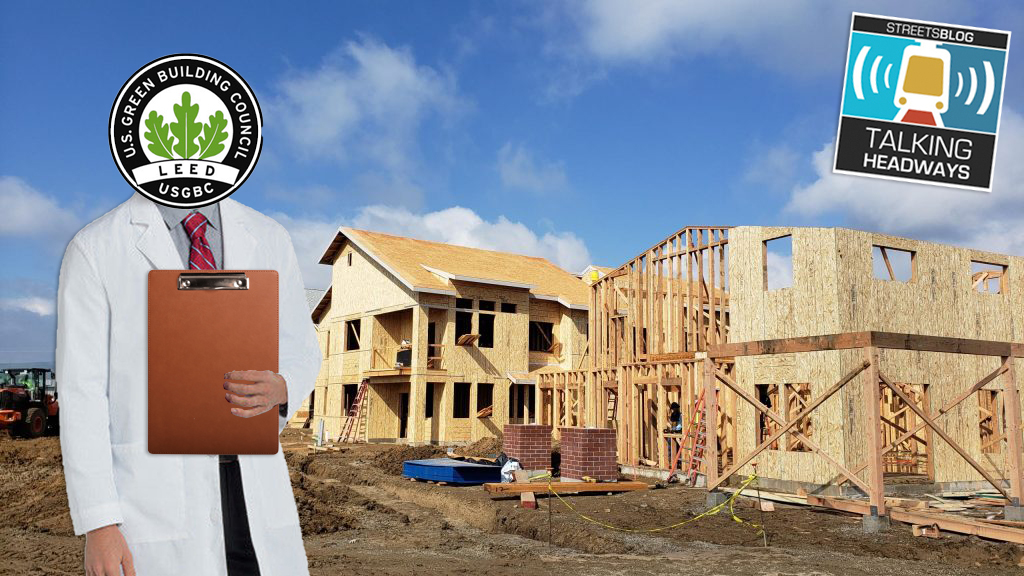“Have you cried at your desk at work yet today? Would you like to?” Time Magazine recently asked, inviting its readers to indulge in emotion on behalf of an Iowa couple whose story went viral last week. Gordon and Norma Yeager died as the result of a car crash, the same way about 630 Americans die per week but with scant media attention. The Yeagers, after seven decades of marriage, passed away holding hands in the hospital.

And while this heartwarming story (more about the couple’s sweet life than their sad death) seems unique, it is not. It is quite common for the media to miss the point in stories about crashes involving older drivers.
While we don’t know the medical facts of this particular case, the elderly are more likely to die or sustain debilitating injuries in crashes that would cause less serious harm to younger people. After age 70, drivers are twice as likely to be involved in fatal crashes, per mile driven, as they were when middle-aged; after age 85, they are nine times more dangerous to themselves and others.
Two weeks ago, Gordon Yeager failed to yield at an intersection. He and his wife died. The crash sent another couple to the hospital. Missing from most media reports was the fact that Gordon Yeager “was facing pending action by the Iowa Department of Transportation to have his license removed” at the time.
The media conversation around aging drivers tends to focus on the anguish surrounding the question of when and how to take the car keys from Grandma or Grandpa, but rarely do these stories take us all the way to a family’s decision to do so. In a landscape built for cars and a culture built on the sanctity of independence, it feels horrible to be responsible for circumscribing a loved one’s life. As hinted at by the inconclusiveness of these stories, we often avoid this responsibility. Because there’s more hand-wringing than decision-making going on, it can take several traffic crashes before a driver is barred from the road, whether voluntarily or by family members or the government.
The desirability of extending the driving life of older people is largely taken as a given. Consequently, the media tend to play up assuaging statistics showing that older drivers tend to self-regulate and drive less; they offer non-threatening solutions such as more driver education, more automotive technology, or use of car-based services.
It would be better to focus not on the means — driving the car — but the motive, which is maintaining the mobility that a landscape built around personal vehicles will inevitably deny the aged.
Because driving and cars are bound up with cultural values, emotion rules. The act of getting a driver’s license is infused with the headiness of freedom and individualism, making the denial of one seem to be a loss of these fiercely held ideals. Licensing has been made a rite of passage, making un-licensing nearly a death rite.
But set aside Gram and Gramps for a minute. Set aside even the alarming transformation of 78 million Baby Boomers into Grams and Grampses in the next few decades. What about everybody else? Today, we are all at greater risk of injury and death than we would be if fewer people, young and old, got around by driving. And even if we’re not elderly now, it's in our own self-interest to get steely-eyed about the future -- that is, if we wish to avoid becoming the subject of angst-ridden family conferences and if we wish to avoid being killed (or becoming a killer) just making our way to the supermarket. Instead of looking at stories like the Yeagers' through the haze of tears, we should focus on what we can do now to ensure that we don’t face the choice of too many seniors: Drive or stay at home.
Some of the steps we can take will be personal, like deciding to make the next move, not the last move, to a home in a walkable area. Or getting and staying fit now so we can safely bike or walk as we age. A whole host of other solutions necessarily involve government, some of which, such as increasing pedestrian safety, can be accomplished quickly and cheaply. Others will take decades to be realized: big changes in how we plan and redevelop our communities and aggressive expansions of transit, intelligently tailored for town and region. Spare the Kleenex please, and let’s get to it. We’re not getting any younger.
Anne Lutz Fernandez, a former investment banker and marketing executive, is co-author, with anthropologist Catherine Lutz, of Carjacked: The Culture of the Automobile and Its Effect on Our Lives.





